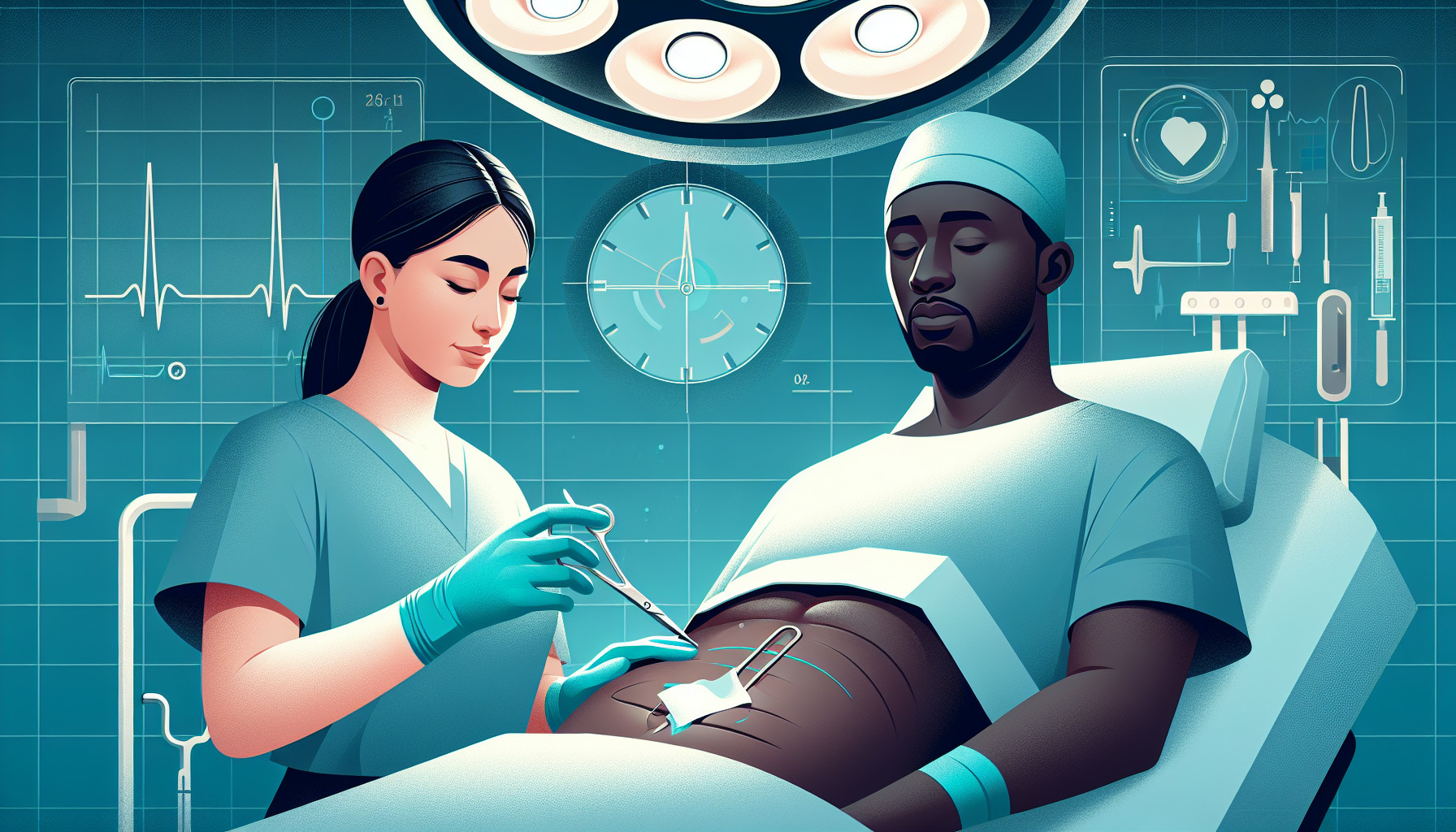Our Summary
This research paper discusses diverticulitis, a condition where small pouches, or diverticula, in the digestive tract become inflamed or infected. This is usually a complication of a more common condition called diverticulosis, which is the formation of these pouches without any inflammation or infection.
Traditionally, doctors treat uncomplicated diverticulitis with antibiotics, which are drugs used to treat infections. However, some risk factors suggest that diverticulitis might be more of an inflammatory condition, which means it’s caused by your body’s immune response rather than a bacteria or virus.
This paper reviews three studies that tested whether antibiotics are necessary for treating uncomplicated diverticulitis. The results suggest that antibiotics do not affect the risk of complications, the need for emergency surgery, recurrence (the disease coming back), elective surgeries to remove part of the colon, or long-term complications.
In simpler terms, this paper is questioning the traditional treatment of diverticulitis with antibiotics and suggesting that they might not be necessary. It’s based on a review of studies that showed antibiotics didn’t make a difference in several important outcomes for patients.
FAQs
- What is diverticulitis and how is it traditionally treated?
- What is the evidence suggesting about the effectiveness of antibiotics in treating uncomplicated acute diverticulitis?
- What are the risk factors for diverticulitis and how do they suggest that the condition is inflammatory rather than infectious?
Doctor’s Tip
One helpful tip a doctor might tell a patient about diverticulitis surgery is to follow the post-operative instructions carefully to ensure proper healing and reduce the risk of complications. This may include taking prescribed medications, following a special diet, avoiding strenuous activities, and attending follow-up appointments. It is also important to communicate any concerns or changes in symptoms to your healthcare provider promptly.
Suitable For
In cases where uncomplicated diverticulitis does not respond to conservative treatment with antibiotics, surgery may be recommended. Patients who may be recommended diverticulitis surgery include those with recurrent episodes of diverticulitis, severe complications such as abscesses or perforations, or those who have complications such as fistulas or strictures. Patients who have a weakened immune system, such as those with HIV/AIDS or undergoing chemotherapy, may also be recommended surgery due to an increased risk of complications. Additionally, patients with a history of multiple comorbidities or those who are elderly may be recommended surgery to prevent further complications. Ultimately, the decision to undergo diverticulitis surgery is based on the individual patient’s overall health and the severity of their condition.
Timeline
Before diverticulitis surgery:
- Patient may experience symptoms such as abdominal pain, bloating, and changes in bowel habits.
- Patient may undergo diagnostic tests such as a CT scan or colonoscopy to confirm the diagnosis of diverticulitis.
- Patient may be prescribed antibiotics to treat the infection and inflammation associated with diverticulitis.
- If symptoms do not improve with conservative treatment, surgery may be recommended to remove the affected portion of the colon.
After diverticulitis surgery:
- Patient will undergo the surgical procedure to remove the affected portion of the colon.
- Recovery time after surgery may vary, but typically patients can expect to stay in the hospital for a few days and may require a few weeks of recovery at home.
- Patient may experience some discomfort, bloating, and changes in bowel habits after surgery, but these symptoms should improve over time.
- Patient may be advised to follow a special diet and avoid certain foods to prevent future flare-ups of diverticulitis.
- Long-term follow-up care may be necessary to monitor for any complications or recurrence of diverticulitis.
What to Ask Your Doctor
What are the risks and benefits of surgery for diverticulitis in my specific case?
What is the success rate of surgery for diverticulitis?
How long is the recovery period after diverticulitis surgery?
Are there any alternative treatments to surgery that I should consider?
What type of surgery will be performed for my diverticulitis?
Will I need a colostomy bag after surgery?
What are the potential complications of diverticulitis surgery?
How many times have you performed this type of surgery for diverticulitis?
Will I need to make any lifestyle changes after surgery to prevent future episodes of diverticulitis?
What is the long-term outlook for patients who undergo diverticulitis surgery?
Reference
Authors: Dichman ML, Shabanzadeh DM. Journal: Ugeskr Laeger. 2021 Jul 12;183(28):V01210081. PMID: 34356008
